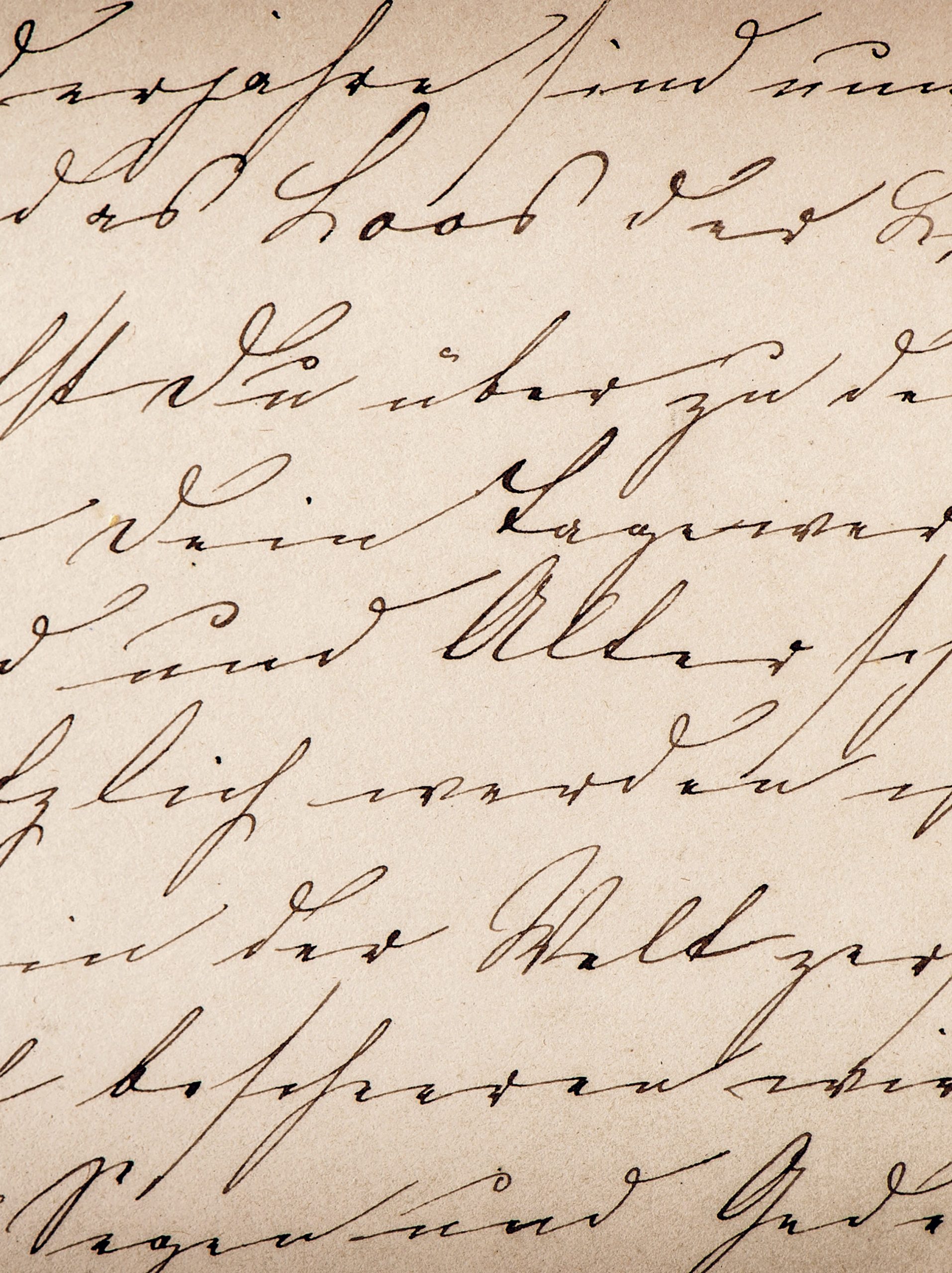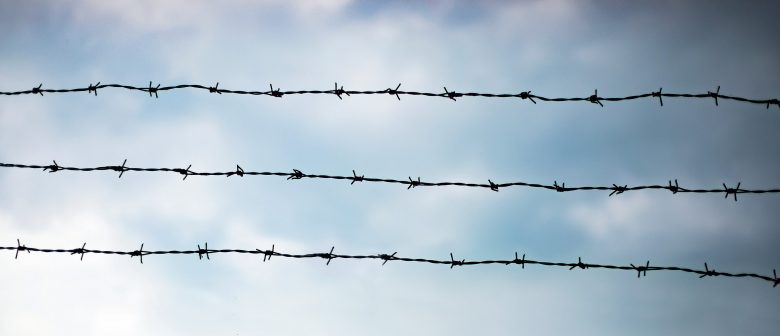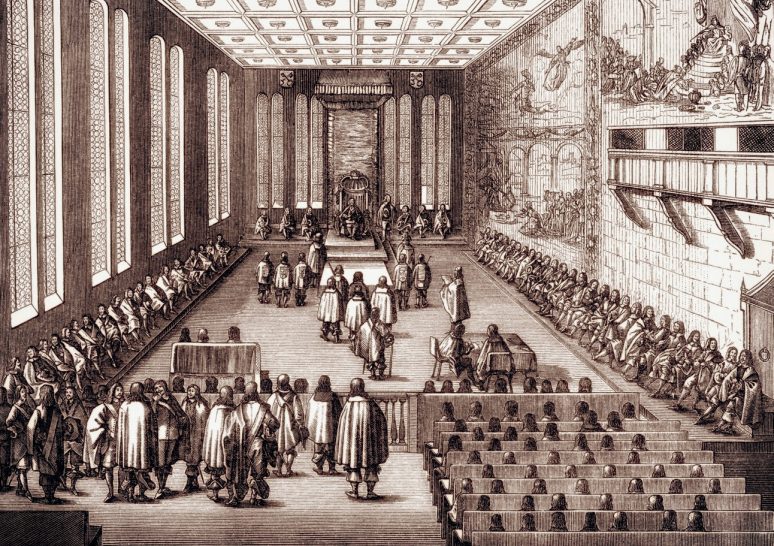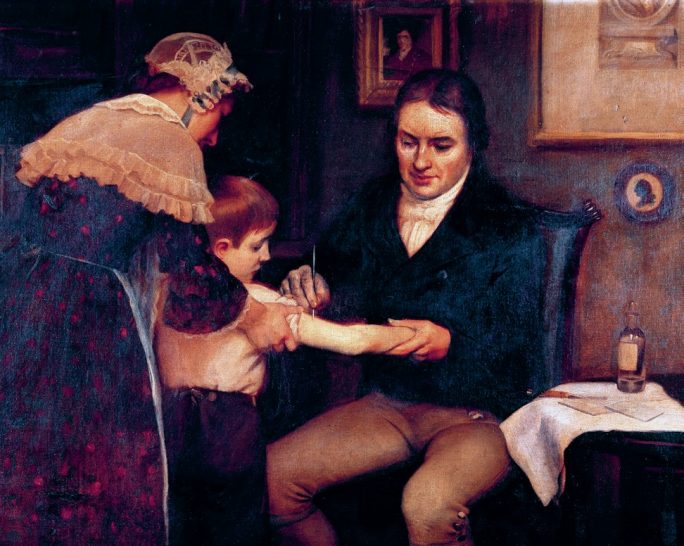
The voices of the labouring poor are seldom heard. However, some documents do give an opportunity to hear their stories and occasionally capture their very words. Records of the Old Poor Law (1601–1834) are just such documents. Most records concerning the operation of the Poor Laws before 1834 are held by local archives as they are largely based on parishes. Key records include: accounts kept by parish overseers of the poor and churchwardens; examinations — statements made to justices of the peace by people with doubtful settlements; and quarter sessions records — if a person’s settlement was disputed between parishes.
The problem of poverty and what to do about it is an intractable and perennial one. The Church exhorted people to be charitable to the poor and weak: widows and orphans, those too ill or old to work. Such exhortations did elicit a good deal of charitable giving, but it was patchy, never enough, and difficult to distribute in a way that seemed fair. People worried that their charity might be taken advantage of by people pretending to be in need.
Your organisation does not have access to this article.
Sign up today to give your students the edge they need to achieve their best grades with subject expertise
Subscribe




